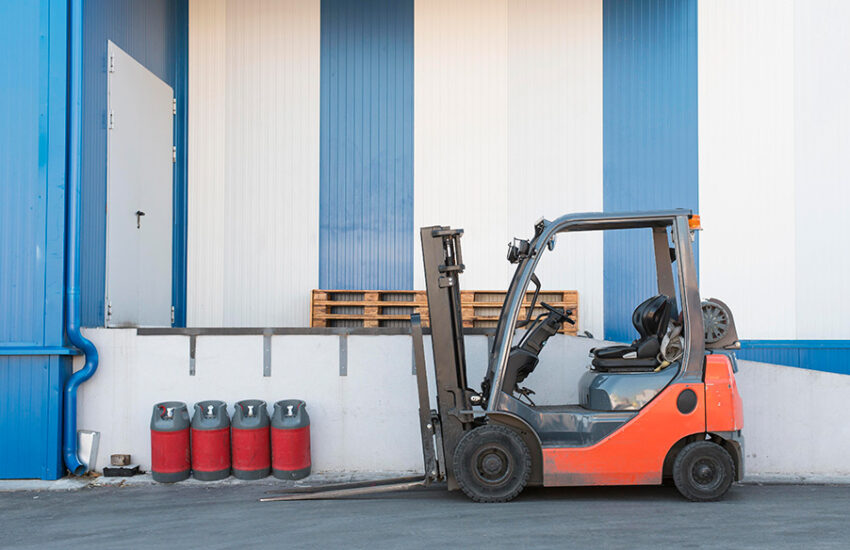The Pros and Cons of Forklift Leasing
Leasing a forklift can be overwhelming with the various options available. In this article, we’ll break down the different types of leases, the pros and cons of each, and guide you on how to select the best leasing option for your warehouse operations.
The Different Types of Forklift Leases
When considering a forklift lease, you will typically encounter the following options:
- Fair market value lease (FMV), also known as:
- Residual lease
- Operating lease
- Full payout lease (FPO), also called:
- Dollar buyout lease
- Capital lease
- Full service lease
- Rent to own
Each of these options can be a good choice depending on your short-term and long-term needs.
What is a Lease?
A lease is a financial arrangement allowing your warehouse to use a forklift for a specified period. It’s similar to a rental, where you pay for the use of the equipment. Your lease payment might cover:
- The principal cost of the forklift
- Interest for financing the purchase
- Freight charges to ship the equipment to your location
- Installation and preparation costs to get the forklift operational, such as:
- Unpacking and assembly
- Filling with hydraulic fluid
- Performing quality inspections before delivery
- Local delivery from the distributor to your warehouse
- 30-day post-delivery inspection to check for any issues
- The battery (or batteries) in electric forklifts
- The battery charger for electric forklifts
What is a Fair Market Value Lease?
A fair market value (FMV) lease includes a residual value at the end of the term, meaning the forklift still holds some value after being used. The leasing company can sell the reconditioned forklift at the market value. Factors affecting the forklift’s value include:
- Condition: Is the forklift damaged, corroded, or heavily used?
- Usage environment: Has the forklift been used in extreme environments such as freezers or corrosive areas?
- Age: Older forklifts, such as those on a 7-year lease, will have lower residual value than newer models.
What is a Full Payout Lease?
Also called a dollar buyout or capital lease, this option functions like a loan. You make monthly payments toward both the purchase price and interest. At the end of the lease term, you own the forklift.
What is a Full Service Lease?
A full service lease combines leasing with maintenance. In addition to the lease payment, you pay for regular servicing to ensure the forklift remains operational throughout the lease. This can be either an operating lease or a capital lease.
What is a Rent to Own Agreement?
Rent to own agreements allow you to rent a forklift with the option to purchase it later. This option is ideal for businesses that cannot commit to a long-term lease or are uncertain about their future needs. A portion of your rental payments may accrue toward purchasing the forklift in the future.
Which Lease Option is Best for My Business? *Pros and Cons
Fair Market Value Lease
- Lower monthly payments
- You pay only for the equipment you use
- Potential tax benefits as lease payments may be tax deductible
Cons: If you plan to keep the forklift, it may be more expensive to purchase at the end of the lease term.
Full Payout Lease
- You own the equipment at the end of the lease
- It may not appear as a liability on your balance sheet
Cons: The lease rate is often higher than a bank loan due to added costs from the leasing company.
Full Service Lease
- All-inclusive monthly payment, covering both lease and maintenance
- Potential tax benefits
- May not show up as a liability on your financial records, preserving credit for other investments
Cons: The service portion acts like an insurance premium and may cost more than handling maintenance on your own.
*Always consult a licensed accountant (CPA) to understand the tax implications of leasing options for your business.
Have questions? Post them below, and we’ll be happy to help!

